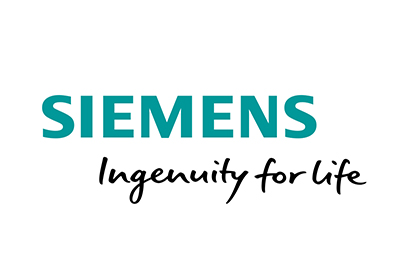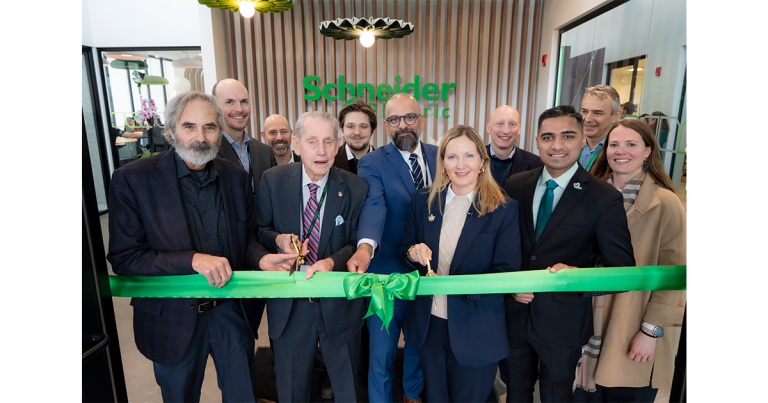Siemens and Deerfield Beach Making Progress Toward Smart City Vision

Sept 25, 2019
The City of Deerfield Beach, Fla., and Siemens have announced the start of a city-wide energy efficiency project to reduce the city’s environmental footprint. Last month, the Commission of Deerfield Beach approved a 17-year contract with Siemens for energy performance services. Valued at more than $9.2 million, the infrastructure improvement project will allow the city to reduce energy consumption in more than 20 of its facilities and to increase the use of alternative energy sources. Energy and operational savings are approximated to be $15 million by the end of the 17-year project.
“There is no better way to prepare our city for the future, and the City of Deerfield Beach is proud to partner with an innovation giant like Siemens to bring our city into the 21st century. Not only will we see cost savings for our tax payers, but we will also be one step closer to becoming the kind of sustainable city that others can point to as an example of excellence,” said Deerfield Beach Mayor Bill Ganz.
To help the city meet its energy-efficiency goals, Siemens is providing smart infrastructure solutions in conjunction with cloud-based digital technologies.
Smart building solutions driven by digitalization
In addition to replacing more than 40 aging HVAC systems and renewing lighting in over 20 facilities, Siemens will install its integrated building management system Desigo CC.
“This is a unique project in that we will digitally connect, monitor, and manage essential building disciplines in more than 20 buildings through one digital central system – as opposed to each building having its own such system,” said Scott Brady, Zone Vice President at Siemens Smart Infrastructure USA.
The Desigo CC system will use sensors and analytics to collect data from each facility to remotely monitor and operate building applications such as air conditioning, lighting systems, energy usage and other major building systems. By displaying all vital information of the facilities at a glance, the city will be able to optimize its power and energy usage. In conjunction with Siemens’ Navigator, a cloud-based building data analytics platform, the company is adding a layer of intelligence by evaluating the collected data for further optimization.
Buildings account for nearly 40 percent of energy consumption globally, and 10 percent of carbon dioxide emissions. Smart building solutions are a key contributor to increase energy efficiency and sustainability in these critical pieces of infrastructure.
Increasing the use of alternative, renewable energy sources
To increase the use of alternative energy sources, Siemens will also build a Compressed Natural Gas (CNG) fueling station for the city’s solid waste collection vehicles which will reduce operating costs, lower carbon emissions, and boost the city’s fleet resiliency.
Another driver to meet the city’s energy-efficiency goals is the installation of solar photovoltaic panels on several buildings to generate energy from renewable sources and increase the city’s energy resiliency.

















